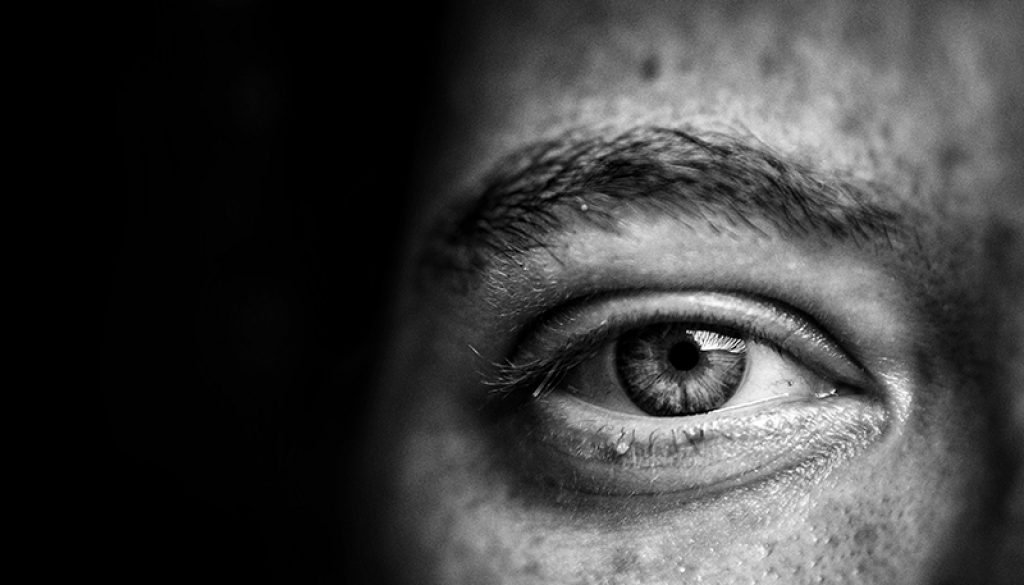FAMILIES LIVING WITH ACTIVE ADDICTION
I read a very insightful article in NEW YORK TIMES Sunday on families living with a person in active addiction.
The article essentially chronicled the exhausting and never-ending journey of dealing with the issue of addiction. The violence, the conflict, in and out of treatment, in and out of jail, the constant worry, the financial implications and the list goes on and on.
The story highlights one case where the addicted individual has 4 overdoses in 6 hours.
We know the tragedy of losing a loved one to overdose. Unfortunately, we hear about this quite often. More often the person stays alive and that is good news. However, these families are faced with an entirely different level of chronic stress and ongoing torment. These families are being torn apart.
This is why we need to turn our full attention to helping the family. The way things are set up now the family is an after-thought. In some rare cases there are family programs while the “addicted person” is in treatment. Sometimes there is ongoing follow up. The best-case scenario being a year of after-care support; which is more often focused on the addicted individual not the family.
Staff from rehab and/or staff from the local outpatient clinic are not engaged with the process long term.
Even if a person was somehow in a program for a year it is still just a fraction of the lifelong recovery process. In most cases, long after treatment has been “completed”, and the family/client are a distant memory, the struggle continues.
The facts are: most people bounce from rehab to rehab. It’s not unusual to hear about $100,000 or more being spent. Despite the money the struggle persists. Those of us who “get recovery” are blessed beyond belief. We are miracles.
But our personal good fortune doesn’t erase the reality of this CHRONIC, relapsing disease.
THIS IS WHY WE TURN OUR FULL ATTENTION TO THE FAMILY.
The family is going to bear the full burden of this disease. Detachment was created for wives of alcoholic middle-aged men. Not parents of heroin users. Families are going to need to become mini experts and accomplished system navigators.
Our family Recovery coaching is a family to family model. An assertive and aggressive model where you learn to trust your own judgement and follow your plan rather than “calling the 1-800-GET-HELP” number pushed by the some in the treatment industry.
If you are a family in need we recommend you take the following actions immediately:
1). Read, get educated, learn what addiction is:
Learn what Recovery options are. You can access the recovery cartel site for basic information. Attending support groups can help. Reading can help. Be careful where you get your information. There are many self-proclaimed experts out there.
2). Become an expert on what your insurance will cover.
Get ready to appeal denials. Understanding your insurance benefits is a very difficult process.
You will need to be very aggressive and persistent with the admission teams and with the insurance company. The insurance company’s strategy is to wear you down. The denials are usually not appealed and the insurance industry fully understands that reality. They are banking on you letting it go.
The stigma and embarrassment around this issue will keep you from asking questions.
3). Start to develop your “team”:
Are we all on the same page and what are our options? Do you believe that your loved one is dealing with addiction? What about others in the family? In general, the more people involved the better. However, you need to make sure everyone is on the same page. Mixed messages are not good.
4). Support groups.
Whatever is available in your area. Try different types. Al-Anon, Naranon, if you are fortunate enough to be in the Upstate of South Carolina check-out FAVOR family recovery groups.
5). Develop “crisis” plan:
What are you going to do if the person is violent? If their use escalates and their life is in danger? Research the commitment process in your area. Understand the law as it relates to “kicking a person out” of your home. Call 911 when in doubt. Sometimes legal charges are a blessing in disguise.
6). Develop “save my loved one” plan:
This involves finding rehab and/or recovery programs. It often involves an intervention. It involves setting up new boundaries.
Again, the importance of having everyone on the same page can not be over-emphasized enough. Sometimes you can start with a family meeting rather than an intervention. The power of the family can be very profound. You need to prep for the meeting and have the details worked out regarding program placement ahead of time.
Also, compromise is sometimes necessary. Depending on the circumstances, it is sometimes appropriate to settle on a less than ideal resolution. For example, you wanted your loved one in rehab but he has agreed to intensive outpatient. Maybe you take that deal.
7) Develop your own “family recovery plan”:
This can be hard for many family members to understand. Your own family recovery plan involves you focusing on yourself. You need to find a way to have a good day independent of the status of your loved one. You need help and support in managing your emotions and your stress. Support groups can help with this process. Therapist, coaches, sponsors as well.
8) surround yourself with positive supports to help you stay on plan(s):
You don’t have time or energy to deal with negative and toxic people. Your stress level is high enough. All those self-righteous people who want to pass judgment on the situation. Eliminate them from your personal universe.
None of this is easy.
Family members have to view this as a long-term process rather than a single event. There will be ongoing need to course correct. There will be ups and downs. The key is to not get too high or too low.
Please leave your email and sign up for ongoing news from the recovery cartel.
We are here for you and we know the journey will continue!





January 28, 2018 @ 2:47 pm
I see both sides of the problem is my husband has been on pain medication for his back for over 20 years and recently was kicked out of pain clinic with nowhere to turn my daughter has mental issues and she is an addict recovering so yes I could use any insight